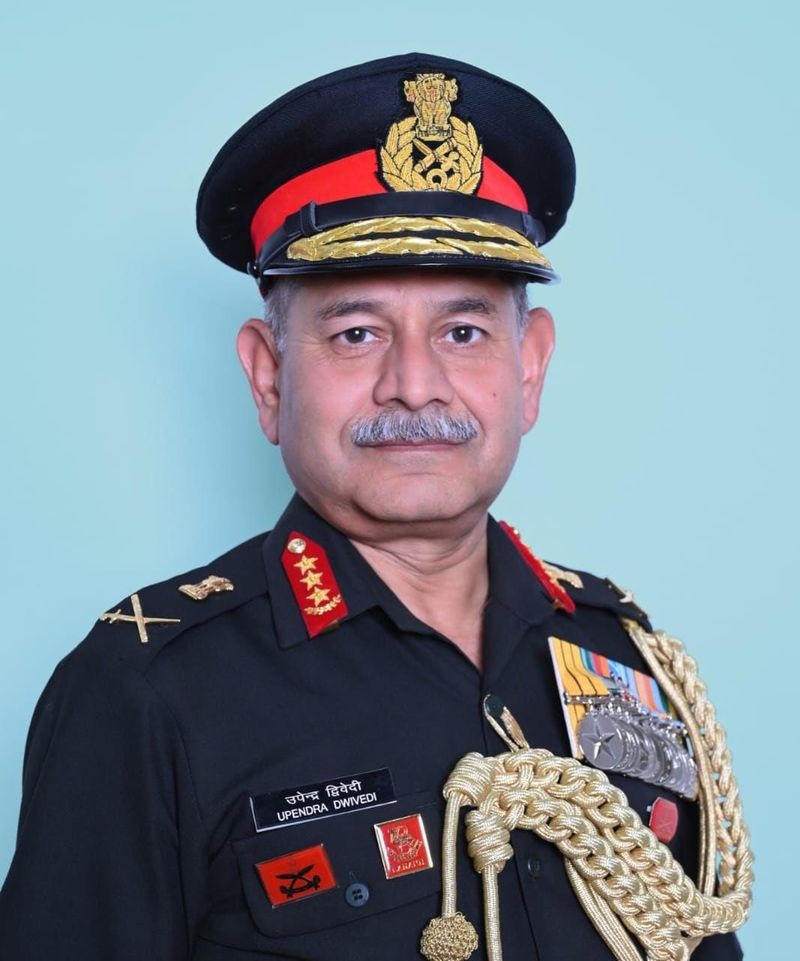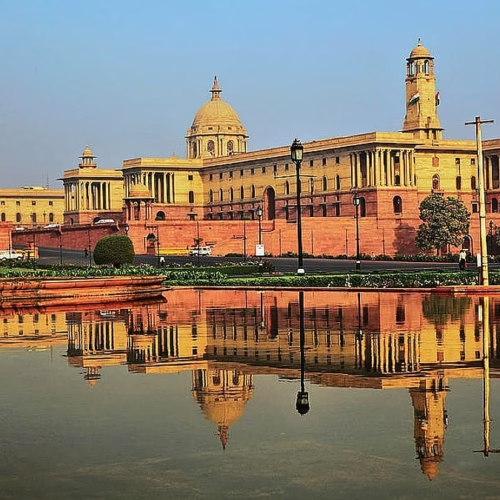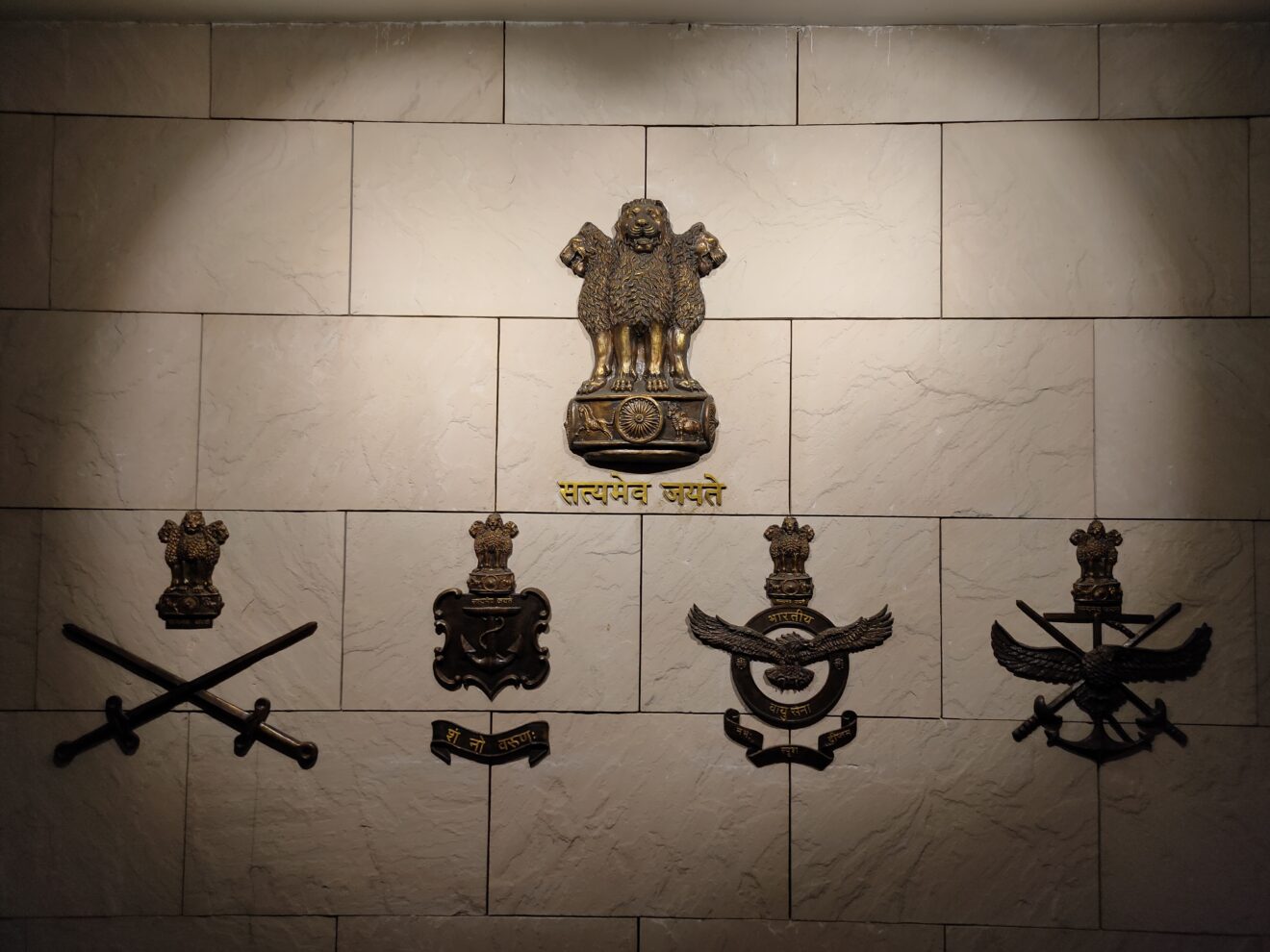Indian Army Chief General Upendra Dwivedi to Strengthen Military Ties with Nepal Amid Recruitment Dispute

Army Chief General Upendra Dwivedi is scheduled to visit Nepal next week, aiming to strengthen military ties between the two nations amid recent tensions regarding the Agnipath recruitment scheme. The importance of this visit is underscored by Nepal’s decision to withhold sending Gorkha troops to the Indian Army under the controversial new recruitment framework.
The Indian Army currently fields 43 Gorkha battalions, which rely heavily on Nepali Gorkhas, who constitute approximately 60 percent of personnel in these units. Recently, the Nepali government halted the enlistment of its youth under the Agnipath scheme, which allows individuals to serve in the military for a four-year term. After this period, the plan is to retain only 25 percent of those recruits while providing skills training for the remainder to transition into roles in central armed police forces and other public sector employment. However, this recruitment model does not extend to Nepali Gorkhas, a point of contention that both countries aim to address during General Dwivedi’s visit.
Experts believe the future of recruitment should evolve to accommodate the unique context of Gorkha soldiers. Retired Major General Ashok Mehta suggested that if the traditional terms of recruitment can’t be restored, concessions may need to be made to maintain strong bilateral relations with Nepal.
In addition to recruitment discussions, General Dwivedi’s visit will also focus on the modernization of defense capabilities for both nations. India has been proactive in aiding Nepal’s military modernization efforts by supplying various forms of military hardware, such as small arms, vehicles, and advanced training simulators. The longstanding Nepal-India Bilateral Consultative Group on Security Issues (NIBCGSI) has met 15 times to facilitate discussions around enhancing defense cooperation.
Training programs have also been a cornerstone of the military relationship, with over 300 Nepali Army personnel reportedly trained in India this year across various specialized areas, including counterinsurgency, leadership development, and peacekeeping. The depth of military collaboration reflects a shared history enriched by strategic interests and cooperation on security and defense matters.
General Dwivedi’s visit is expected to bolster initiatives for joint military exercises, a significant facet of the cooperation framework between the two countries. The annual Surya Kiran joint military exercise, which focuses on counterterrorism, disaster relief, and humanitarian assistance, will reach its 18th edition in December 2024 and will take place in Nepal, further enhancing interoperability between the two armed forces.
Additionally, General Dwivedi may pay a visit to the revered Sri Muktinath Temple, which reflects the cultural ties that complement the military partnerships. This visit, therefore, is framed not only as a strategic engagement but also as an opportunity to reinforce historical and cultural bonds between India and Nepal.
















Add Comment